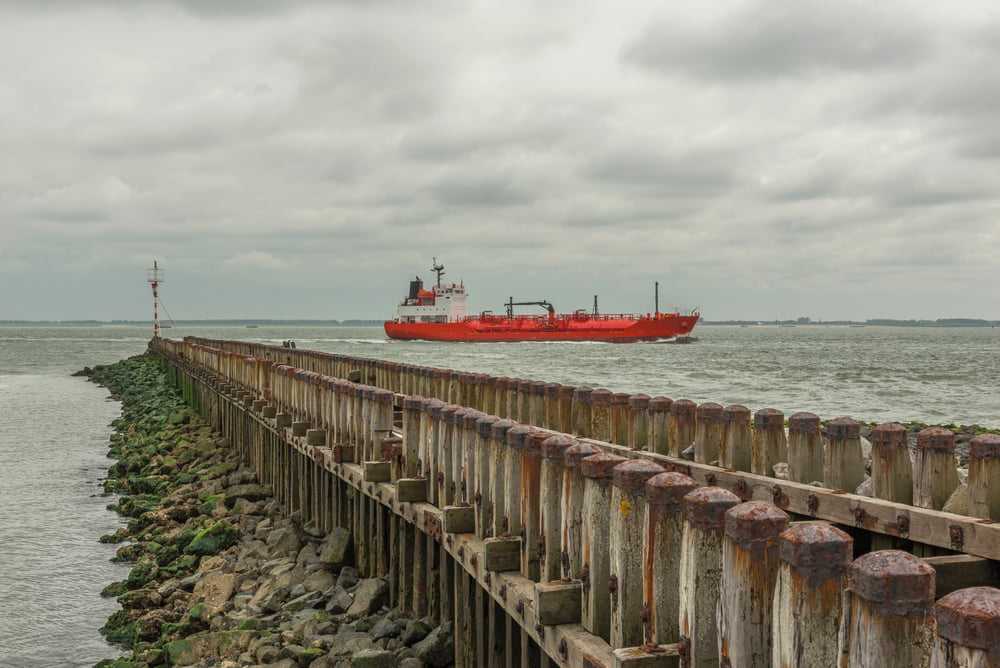The Human Environment and Transport Inspectorate (ILT) started this autumn with extra supervision of the discharge of sanitary waste water by seagoing vessels in Dutch seaports. Special attention is paid to international ferries, cruise ships and work ships because there are many people on board. 16 ships have now been inspected. Five ships were in violation and received a warning. The wastewater was discharged into the port, while the on-board treatment plant did not sufficiently purify the wastewater.
Purify wastewater
Sanitary waste water may be discharged untreated on the high seas. The situation is different in the Dutch ports and access waterways to those ports. Seagoing vessels may only discharge waste water into the port if it has been sufficiently purified. Specific rules apply to 'black' waste water (from toilets) and 'grey' waste water (from bathrooms, washing machines and kitchens) and the water treatment plant must, among other things, filter polluting substances and reduce the acidity. The ILT supervises the discharge of sanitary waste water by seagoing vessels. The inspections look, among other things, at the certificates of the treatment plants. Inspectors also assess how maintenance is carried out and how the treatment and storage of sanitary waste water is handled on board. To determine whether the treatment plant meets the requirements, samples are taken from the treated waste water.
More controls
The five ships that received a warning discharged the waste water into the port while the on-board treatment plant did not sufficiently purify the waste water. This was apparent from the analysis of samples of the treated waste water and checks on the certificates of the treatment plants. These ships will be checked again shortly. Six other ships are also not allowed to discharge into the ports, given the quality of their treatment plant. These ships store the treated wastewater on board and discharge it at sea outside the 12-mile zone.
Information to shipping companies
In addition to the checks, the ILT also provides information to shipping companies and agents in order to raise awareness of the (Dutch) rules for the discharge of waste water. The Inspectorate sees that the rules are not always sufficiently known for 'grey' waste water, in particular. This is because no discharge regulations apply to this under international regulations ILT.
Also read: More and more stations in the Netherlands equipped with AED


